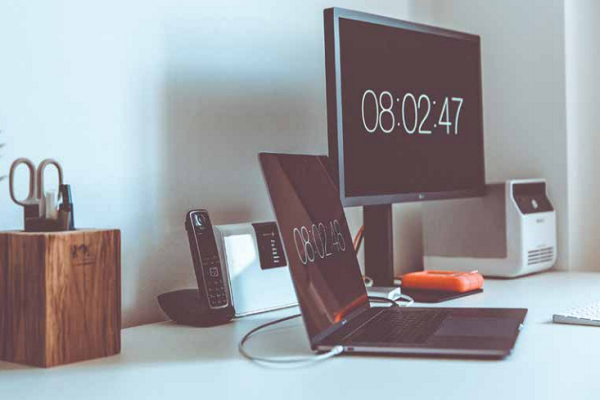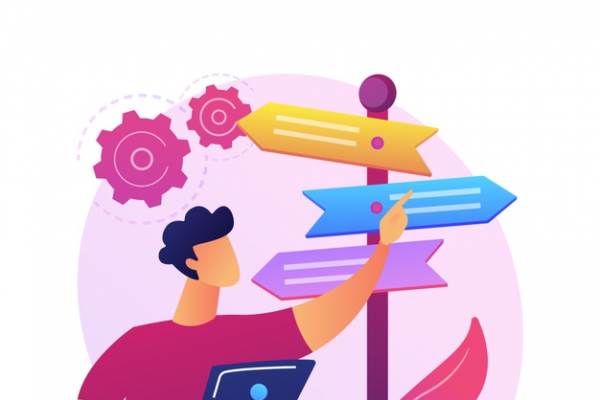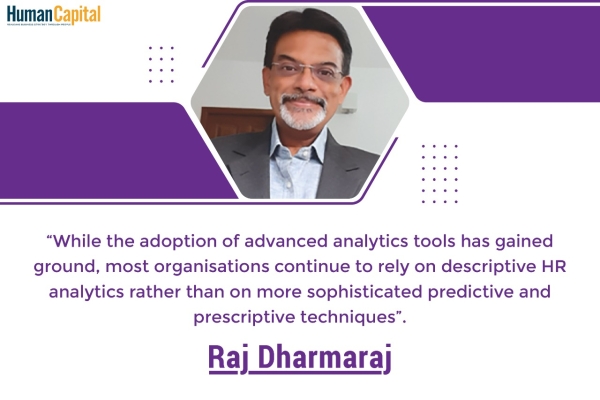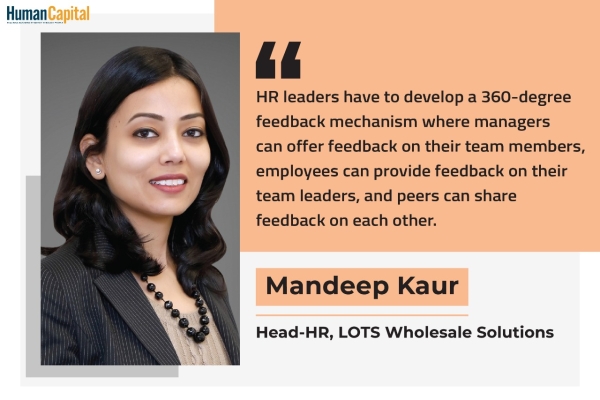Enabling positive employee experiences through work-from-anywhere options, flexible start and end times, a four-day working week, and changes in leave arrangements to ensure a work-life balance is becoming increasingly popular.
The number of working hours and how they can be spent are significant factors in determining employee experience. Clearly, a physical office space differentiated work and personal life pre-2020. Working hours were labelled as ‘normal working hours’ or ‘shift-based working hours’, with a start and end time. Few organisations had written policies on flexible working hours in place.
Post-2020, the scenario was different. Organisations proudly demonstrated how they enabled remote working for their employees across the globe while also providing flexibility. This, in a way, personalised each employee’s work experience. Over time, work schedules have evolved.
A global workplace survey conducted by International Workplace Group (IWG) highlighted that:
• 80% of Indian workers believe “flexible working” will reduce commuting hours and stress.
• Around 61% of employees want their commute time to the office to be included in their working hours.
Recent research by Capability Jane published in Forbes has shown the high demand for flexible working, highlighting:
• 81% of UK employees feel flexible working makes a job more attractive, and 79% believe it would make them more productive.
• 92% of millennials identify flexibility as a top priority when job hunting.
• 35% of employees would prefer flexible working rather than a pay rise.
• 80% of women and 52% of men want flexibility in their next role.
Another study with over 600 employees found that when people were made to work during normal working hours from 9 a.m. to 5 p.m. and then given the option to work flexible hours, their productivity increased by 27%.
From ‘Normal Working Hours’ to ‘Flexible Working Hours’ and ‘Common Working Hours’
Enabling positive employee experiences through work-from-anywhere options, flexible start and end times, a four-day working week, and changes in leave arrangements to ensure a work-life balance is becoming increasingly popular.
We have evolved from sticking to “normal working hours” to:
1. “Flexible working hours” when working individually; and
2. “Common working hours” when working collaboratively
Flexibility has enabled the removal of the start time and end time without compromising the overall hours of work commitment. Some communication and collaboration tools, such as Microsoft Teams, provide not only features for meeting rooms and conversations but also help in setting up common working hours through indicative calendars. Respect for each other as a value can be practised by managing time collaboratively.
Employee experience is a unique benefit extended by not just employers but also by builders in the physical infrastructure industry. Working spaces in parks and collaborative innovation corners are being highlighted as attractive features by builders selling apartments in India.
A personalised employee experience that encompasses flexible work for employees when they want to work on their own and common working hours when they have to work in groups collaboratively can be enabled by organisations based on the nature of work by providing the necessary tools and policy changes. We must be careful not to forget that 92% of millennials identify flexibility as a top priority when job hunting and that the niche skilled workforce prefers gig working.
A Question to Ponder on
Finally, I invite you to answer this: A good employee experience is not about ___________ but about ________________.
For me, a good employee experience is not about providing complicated exclusives but about enabling a culture of ease and inclusion. Here are a few of the responses I’ve received:
A good employee experience is not about helping employees fit into the company’s culture but about helping them bring their unique selves to the table and belong at the same time. — David Edery, USA
A good employee experience is not about talking the talk but about walking the walk. — Christine Carty, Ireland.
What does a good employee experience look like for you?
(2)(1).png)
Is your organisation post-COVID-ready?
Trending
-
SBI General Insurance Launches Digital Health Campaign
-
CredR Rolls Out 'Life Happens' Leave For Its Employees
-
Meesho Announces 30-Week Gender-Neutral Parental Leave Policy
-
Microsoft Unveils Tech Resilience Curriculum To Foster An Inclusive Future
-
60% Indian Professionals Looking For Job Change Due To COVID: Survey
-
SpringPeople And Siemens Collaborate For Digital Transformation Push
-
86% Professionals Believe Hybrid Work Is Essential For Work Life Balance: Report
-
Almost 1 In Every 3 People's Personal Life Affected Due To Work Stress
-
Meesho Rolls Out Reset And Recharge Policy For Employees
-
80% Of Talent Leaders & Academics Say Pandemic Changed Skill Needs For Youth: Report
-
Hero Electric Rolls Out 'Hero Care' Program For Employees
-
Human Capital In Collaboration With ASSOCHAM Hosts Virtual Conference
-
IKEA India, Tata STRIVE Collaborate To Create Employability And Entrepreneurship Opportunities
-
SAP India, Microsoft Launch Tech Skilling Program for Young Women
-
DXC Technology, NASSCOM Collaborate For Employability Skills Program
-
Lenskart To Hire Over 2000 Employees Across India By 2022
-
Mindtree Launches Learn-and-Earn Program
-
Tata AIA Extends 'Raksha Ka Teeka' To Its Employees
-
Swadesh Behera Is The New CPO Of Titan
-
NetConnect Global Plans To Recruit 5000 Tech Professionals In India
-
Hubhopper Plans To Hire 60% Of Indian Podcasters By 2022
-
Corporate India Needs More Women In Leadership Roles: Report
-
Aon to Invest $30 Million and Create 10,000 Apprenticeships by 2030
-
Tech Mahindra Launches ‘Gift a Career’ Initiative for Upskilling of Youth
-
40% Women Prefer Flexible Working Options in Post-COVID World: Survey
-
3 out of 4 companies believe they can effectively hire employees virtually: Report
-
Vodafone , CGI and NASSCOM Foundation launch digital skills platform
-
Odisha: Bank, postal employees to deliver cash for elderly, differently-abled persons
-
Skill India launches AI-based digital platform for "Skilled Workforce"
-
Hiring activity declines 6.73% in first quarter: Survey
-
70% startups impacted by COVID-19 pandemic
-
Bajaj Allianz Life ropes in Santanu Banerjee as CHRO
-
Over 70 Percent MSMEs look at cutting jobs to sustain businesses
-
93 Per Cent employees stressed about returning to office post-lockdown
-
Johnson & Johnson India announces family benefits for same gender partners
-
Indian firms turning friendly towards working mothers
-
Welspun India names Rajendra Mehta as new CHRO
-
Wipro partners with NASSCOM to launch Future Skills platform



Human Capital is niche media organisation for HR and Corporate. Our aim is to create an outstanding user experience for all our clients, readers, employers and employees through inspiring, industry-leading content pieces in the form of case studies, analysis, expert reports, authored articles and blogs. We cover topics such as talent acquisition, learning and development, diversity and inclusion, leadership, compensation, recruitment and many more.
Subscribe Now












































Comment